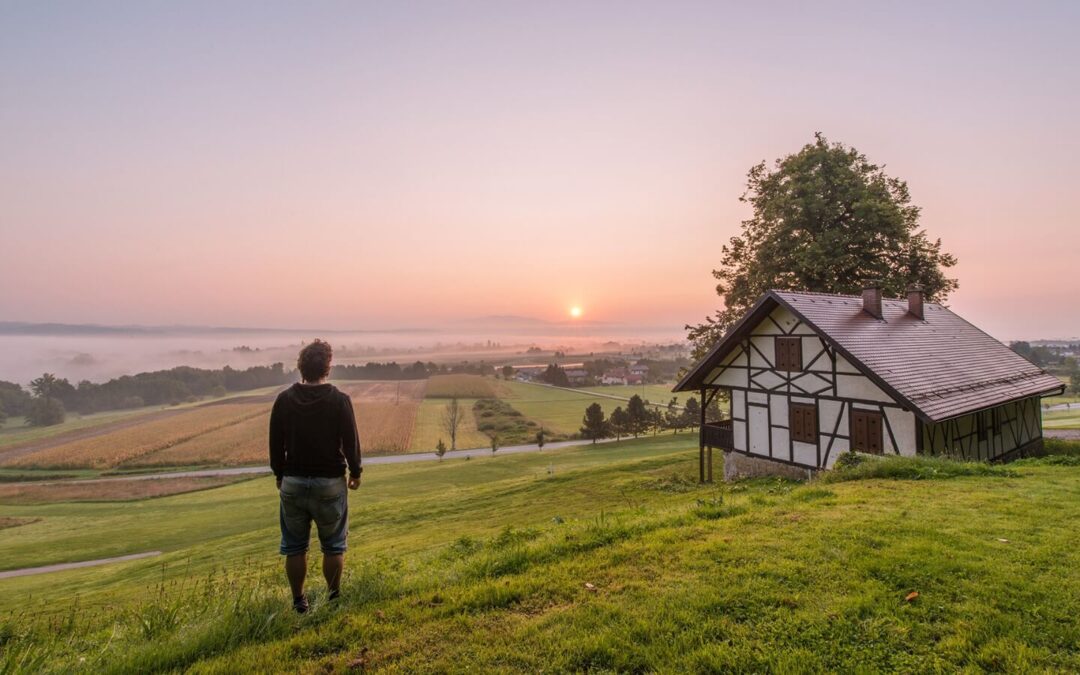Buy sustainable farmhouse
Buy sustainable farmhouse: In the bustling chaos of city life, many individuals are seeking solace and tranquility in the embrace of rural living. The allure of peaceful countryside living lies in its slower pace, close-knit communities, and abundant access to natural surroundings. So, what are the advantages of embracing a rural lifestyle, why slower pace and strong community connections appeal to us today, and what challenges are involved in transitioning from an urban to a rural way of life.
The Allure of a Slower Pace: Rural living offers a much-needed respite from the fast-paced, high-stress environment of city life. The slower rhythm of rural communities allows individuals to unwind, rejuvenate, and savor the simple pleasures of life. From leisurely strolls through idyllic landscapes to enjoying unhurried conversations with neighbors, the unhurried pace of rural living fosters a greater appreciation for the present moment.
Close-Knit Communities: One of the key attractions of rural living is the strong sense of community that thrives in rural areas. Residents often form close bonds with their neighbors, forging a support system based on shared values and mutual assistance. This tight-knit community fosters a sense of belonging, where individuals can rely on one another and actively participate in community events, celebrations, and initiatives.
Access to Natural Surroundings: Rural living offers unparalleled access to the beauty of nature. Vast open spaces, lush greenery, and serene landscapes provide an ideal backdrop for outdoor activities and a deeper connection with the environment. From hiking trails to lakes for fishing or simply enjoying the starry night sky, rural living allows individuals to immerse themselves in the wonders of the natural world.
Considerations and Challenges: Transitioning from an urban to a rural lifestyle requires careful consideration. Individuals must be prepared for a different set of challenges, such as limited access to certain amenities, longer travel distances for services, and potential adjustments to employment opportunities. It is crucial to thoroughly research the rural area of interest, understand local infrastructure, healthcare facilities, and educational options to ensure a smooth transition.
Embracing the Rural Lifestyle: To fully embrace the rural lifestyle, individuals should actively engage with their new community, participate in local activities, and contribute to community initiatives. Building relationships with neighbors, supporting local businesses, and immersing oneself in the local culture and traditions helps create a strong sense of belonging and integration.
Conclusion
Rural living beckons those seeking respite from the hustle and bustle of city life. It offers a slower pace, close-knit communities, and the chance to immerse oneself in the beauty of nature. While transitioning from an urban to a rural lifestyle presents its challenges, the allure of peaceful rural living is undeniable.
By carefully considering the advantages, addressing the challenges, and actively engaging with the local community, individuals can embark on a rewarding journey that leads to a more serene and fulfilling life in the countryside. Escape the city and discover the tranquillity and beauty that await in the peaceful embrace of the countryside. Buy sustainable farmhouse

